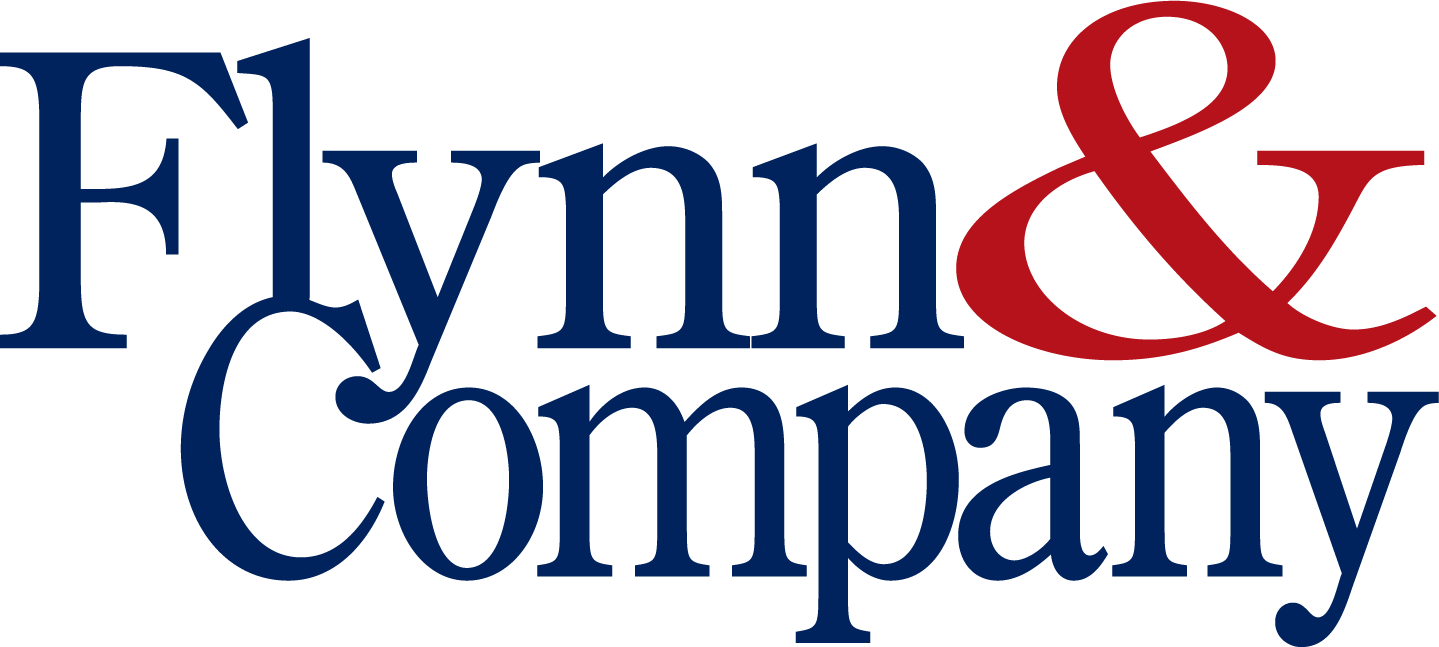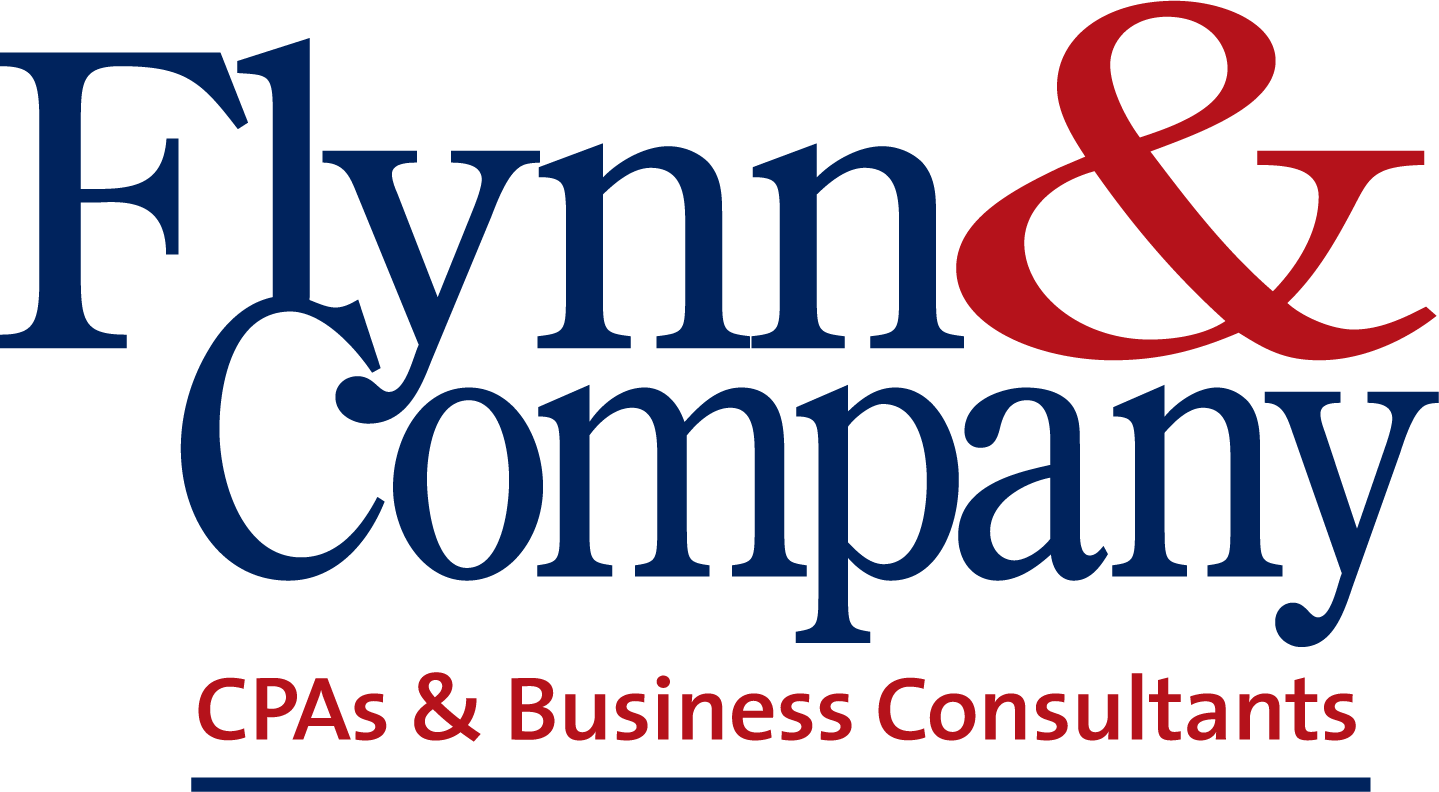What is Fast Track ESG?
Written by: Flynn & Company
Over the past several years, we've seen a significant shift in how investors (and all stakeholders) see and treat companies that maximize profits now at the expense of the environment, human rights, or long-term financial stability. Those with money divert spending and investments away from companies seen as acting irresponsibly.

This trend is not new. But it has gained momentum and is currently impacting bottom lines. Regulators and governments worldwide are increasingly pushing for greater transparency and corporate responsibility—even requiring it!
Investors are steering clear of companies with bad ESG track records. Customers are using their buying power and social media to make a statement. And it's time to ask: what is Fast Track ESG, and how can your company get ahead of this trend to stay competitive?
Key Takeaways
- Fast Track ESG speeds up a company's environmental, social, and governance strategy implementation.
- Many companies must comply with regulations that ensure transparency related to ESG performance.
- Improving ESG data collection and reporting is critical to meeting standards.
- Learn the steps to implement Fast Track ESG in your company.
What Is Fast Track ESG?
Fast track ESG is an ambitious and strategic plan to accelerate your company's use of financially, environmentally, and socially sustainable practices.
Companies are fast-tracking their ability to comply with ESG standards not only because it's the ethically responsible thing to do but also because They realize they have to act fast to stay competitive.
How This Trend Has Evolved
2019
Five hundred private equity firms signed the Principles for Responsible Investment Network (PRI) and began integrating ESG standards into their investment strategies. 60% of asset owners said they are "not likely" to hire an asset manager who hasn't signed this contract.
2021
Jump forward to PwC's 2021 Global Private Equity Responsible Investment Survey. Here, 66% say "value creation" is the top driver in their investment decisions vs. 2019's top driver of "risk management".
Investors believe that long-term sustainability happens when companies continually add value to society. When they do, money follows, and companies thrive long-term. When companies exploit resources (human, natural, and financial), they put investor money at risk. When they create a breeding ground for flawed reporting, bad decision-making, and corruption, companies may succeed in the short term but eventually collapse.
Today
More recently, we've seen ranking systems like the MSCI ESG rating that reveal a company's ESG standing in each category. This increases market transparency and allows investors who want to make decisions based on ESG to do so. Increasingly, investors are putting their money into these companies.
Why Is Fast Track ESG Important for Companies?
It's easy to see why ESG matters to investors. But what is Fast Track ESG going to do for your company and your bottom line? It shows these investors that you're a reasonable investment risk.
Businesses can't afford to implement strategies slowly. They need a plan to fast-track those changes or risk losing their competitiveness in their market. The time for lip service is over. Plans to improve specific sustainability metrics in 5, 10, or 20 years no longer suffice. are demanding proof of a company's commitment to ESG.

Bottom line, fast tracking ESG helps your company succeed because it:
- Improves your brand image with the people who impact your long-term sustainability: regulators, investors, consumers, employees, business collaborators, society
- Can directly impact business valuation and appraisal when raising capital
- Supports compliance with multi-national ESG regulations, including the more strict ones
- Helps companies be accountable
- Encourages innovation and reveals opportunities that would be overlooked
- Provides companies with a competitive edge based on how well they meet ESG standards
- Makes recruiting and acquiring customers easier, saving time and money
- Lowers costs when raising capital
- Build a sustainable future for your children and grandchildren (as a bonus!)
A high-octane ESG program helps companies comply with standards and get the most out of their "social status" as a company that cares about its environmental and social impact.
What Does Fast Track ESG Stand For?
ESG stands for Environmental, Social, and Governance. The term "fast track ESG" implies the speeding up of compliance with set standards in these areas. But what's more, it suggests that you can prove compliance through data, reporting, third-party audits, etc., to avoid greenwashing-style tactics.
Let's break these down.
Environmental
The environmental criteria include the steps a company takes to do the least harm to the environment while doing business and could consist of efforts to implement strategies around:
- Greenhouse gas emissions
- Toxic chemicals in water supplies
- Water conservation in manufacturing processes
- Renewable energy infrastructure (microgrid) for the company
- Making your building more energy efficient
- Investing in research or innovations to reduce climate change
Social
Social criteria include steps you take to be socially responsible as a business and could consist of strategies surrounding.:
- Workforce health and safety standards
- Fair wages
- Fair hiring, firing, and promotion practices
- Fair Trade sourcing of raw materials
- Furthering employee education can also earn the American Opportunity Tax Credit
- Treating employees and customers kindly and fairly
- Appropriately handling employee expense reimbursement to avoid pushing "business expenses" on employees
- Fringe benefits, including informing employees about potential tax liabilities
- Programs that support employee health, wellness, and financial well-being
- Animal welfare
Governance
Governance criteria include aspects of:
- Anti-corruption
- Ethical business practices
- Transparent financial reporting internally or through accounting and advisory services
- Accurate, timely, and transparent tax and SEC filings
- Effective decision-making by the board
- Following third-party audit requirements, such as the 401K audit
In other words, this is about good management. Shareholders and stakeholders suffer when leaders do not act responsibly.
Compliance Standards

Compliance standards vary depending on the countries or states where you do business. But even if you're in a place that doesn't yet have robust compliance regulations, know that these are coming. Companies that plan ahead to meet these standards before they have to will come out ahead of the competition—rather than struggling to catch up.
Meeting these standards should become a top priority.
For example, those doing business in EU countries must comply with the Sustainable Finance Disclosure Regulation (SFDR). If you're a US company that sees an opportunity to expand into the EU, you could find yourself ineligible to move forward because your company cannot meet SFDR requirements.
The goal of regulations like these is to bring about meaningful changes in how businesses comply. But it's also focused on proving they're meeting ESG metrics to stop misleading practices, such as "greenwashing". Greenwashing happens when companies use incomplete data and diversion tactics to appear more environmentally sustainable than they are. Greenwashing distinctly relates to environmental practices. However, greenwashing-style sleight of hand happens with financials, social issues, and more.
Key Components of Fast Track ESG
Fast-track ESG is built around these areas:
- Efficient data collection
- Reporting
- Analysis
- Strategy
- Implementation
- Communication
- Innovation
- Ongoing adaption and improvement
- Third-party auditing of ESG compliance
How Companies Implement Fast-Track ESG?
There is no one-size-fits-all way to implement ESG. However, there are seven primary steps that any company trying to fast-track ESG needs to take, and we'll walk you through each one of them. This is the straight line between where you are now and where you want to be.
1. Improve ESG Data Collection & Analysis
If you can't measure it, you can't manage it.
If you don't document it, it didn't happen.

To improve ESG standards and comply with regulations, you must have systems in place to track performance. Data collection and analysis are critical for several important reasons. They give you an objective look at where you currently stand in ESG matters. You must know where you are to set relevant goals and track progress toward them. Furthermore, they can reveal top priorities, opportunities, challenges, and paths to improvement.
Through data analysis, you can make the most data-informed decisions, which also tend to be the most time- and cost-effective decisions. Data analysis also becomes the basis for the reporting you'll need to show regulators that what you say you're doing in ESG is actually happening.
However, collecting and analyzing data has roadblocks. It requires:
- Investing in the right data analytics tools
- Configuring tools to align with your business model and industry
- Hiring people who understand how to help you collect clean and comprehensive data.
The good news is that being aware of these roadblocks helps you build a data analysis infrastructure that supports fast-track ESG.
2. Expand ESG Reporting
ESG reporting is the objective presentation of your commitment to sustainable business practices and includes sustainability reports and annual reports that outline goals and progress. For example, your reports might outline your progress in the form of:
- Percentage reduction in certain greenhouse gasses or pollutants
- Number of people enrolled in your employee wellness program along with how that's impacted metrics like productivity, absenteeism, healthcare costs, and turnover
- Employee satisfaction surveys
- Water or energy saved on a specific production process
- Increased investment in underserved communities
3. Develop a Communication Plan
Reporting is followed by transparent and realistically-optimistic communication about these reports. This can come in the form of:
- Press releases
- Stakeholder presentation
- Shareholder presentation
- Articles for your website
- Interviews
You don't have to look far to see large companies like Microsoft, J.P. Morgan Chase, Nestle, and Toyota using these communications methods to inform the stakeholders and an increasingly aware public.
A communication plan should also include how you'll communicate internally about ESG projects to keep teams and departments on task and on track to meet sustainability goals.
4. Integrate ESG into Decision-Making & Operations
What is Fast Track ESG without operational implementation? In this step, you work to integrate sustainability into every area of the company. It becomes a core value on which leadership weighs decisions.
Roadblocks companies will face here include acquiring stakeholder buy-in. Some may have unrealistic expectations about how fast you can improve certain metrics. Others may think you're moving too fast because they don't see the sense of urgency.
From the C-suite down to the front-line employee, engaging stakeholders with meaningful discussions about the risks and rewards related to ESG is important. Align your teams around ESG initiatives and work to build a culture where everyone takes responsibility for building the most sustainable company possible.
5. Identify & Target Areas
It's okay to narrow your focus, especially if you have a long way to go. Identify key areas in your company where you can make changes. Look for the quick wins first, but also think long-term. This is about sustainability, after all.
6. Track & Monitor
You're on a fast track, but some improvements will take time, so it's important to get long-term systems in place to continually adapt and improve in ESG categories.
7. Innovate & Add Value
Continue to look for improvement opportunities. Often, meeting ESG standards requires creative solutions, so surround yourself with smart talent and advisors who understand ESG and your business as a whole.
8. Get an Audit
There's a reason the SEC requires public companies to have their financial statements audited by a third party. It can be hard to identify potential problems with data collection, reporting, and, worse, corruption from the inside. Consider hiring a third party to audit your financial statements and program implementation. This provides an extra layer of proof investors want to see when choosing where they put their money.
Bottom Line

Fast Track ESG requires smart decision-making and taking meaningful steps now to protect all stakeholders. One of the first and most important steps is improving your data collection, analysis, and reporting integrity.
At Flynn & Company, we're committed to helping company leadership make data-informed financial decisions by providing the financial services, auditing, and advisory services you need to succeed in ESG and business. To get help, contact us today.





